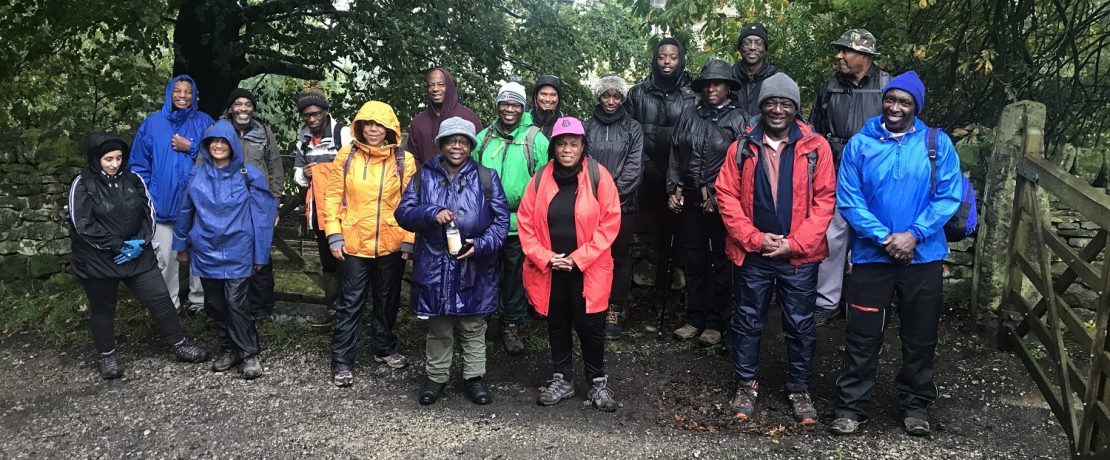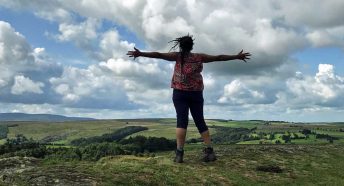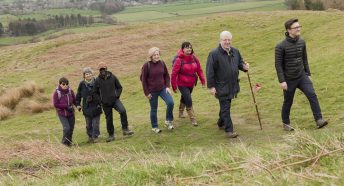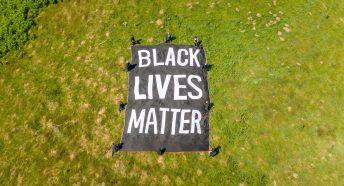Why the environment movement needs to value diversity
Journalist and academic Maxwell Ayamba set up the Sheffield Environmental Movement in 2016 to work with BAME communities and promote access to the countryside. Here, he explains why we need to involve a more diverse range of people in environmental campaigns – and how groups like CPRE can help.
I’ve been working in the environmental field for over 20 years. And when I go to seminars, conferences, environmental meetings, I’m almost always the only black person. Not having been born here, my accent is not an English accent, even though it’s English I’m speaking. So much of what I would like to contribute is not given much credence or value. It was against the backdrop of these issues that I wanted to pursue my PhD in Black Studies – an emerging discipline looking at issues around diversity, inclusion, social integration, and ensuring we all have equitable access to knowledge.
The discourse around race, ecology and environmental justice has not received much attention in the UK, compared to the US, despite a number of government and policy reviews about how to open up the countryside and make it more inclusive for everyone. All the diversity policy reviews which predated the Glover Review, I found to be either reactionary or tokenistic. There hasn’t been any sustained mechanism or robust policy to address the lack of diversity in the English countryside in a more holistic way.
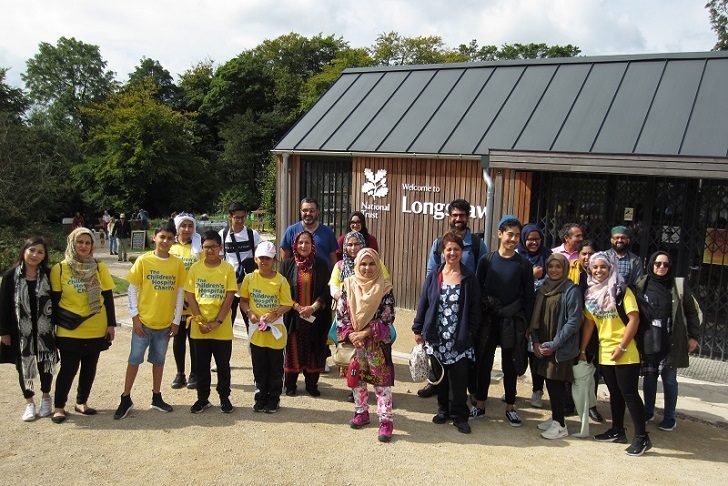
A lot of people write policy reviews and move on, while the reviews gather dust on the shelves. There’s not enough effective change taking place on the ground to bring about the kind of access transformation we want to see. And many of the things that are written about BAME people and the environment are very outdated. We have to challenge and critique and do new research into what’s happening now – and use that as evidence to inform practice.
The groups that I work with live in very deprived, poor-quality environments, and the Covid-19 pandemic has impacted particularly heavily on them. It’s another good example of the lack of robust policy that can address the issues affecting BAME communities and people in deprived communities, who aren’t able to access the countryside and other green spaces.
A system geared towards privilege
The English countryside is a big, big business. My research shows that billions of pounds are being generated by various companies that operate in the countryside. With big business, there’s no commitment to bring about any sustained change; the system is geared towards those who are privileged, who are already benefiting from the countryside. Meanwhile the taxpayer, who is paying for these spaces to be managed for the enjoyment of everyone, is not aware of any of this, and not being given an opportunity to advocate for equal access.
Wealth and aristocracy still play key roles in the English countryside, traditional environmental organisations and discussions in the House of Lords. While the lower classes, including BAME people and lower-income white communities, are not involved or consulted in government decisions, they’re not aware of the policy issues.
Unlike ‘white’ environmental organisations, minorities tend to form groups that are not focused solely on environmental issues, but have been set up to address immediate social or economic needs, or for a range of purposes. So for example, BAME groups and organisations may be based on religion, jobs, training, health and so on. These groups are not part of existing social or political institutions, and they do not have the money, resources or personnel to develop further as environmental organisations.
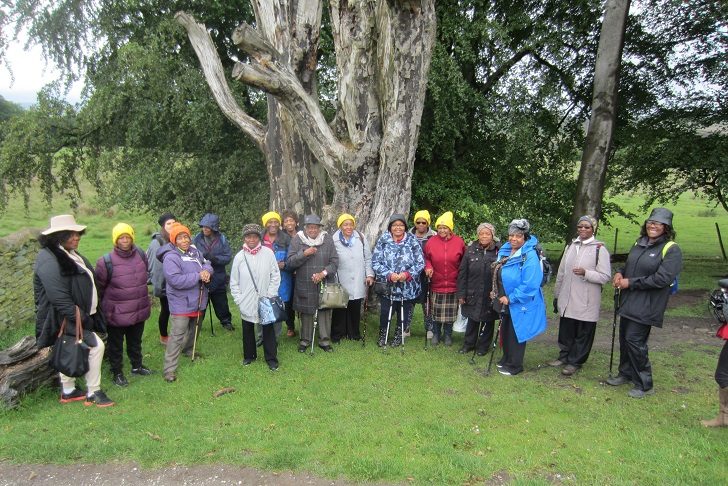
Much funding for BAME environmental groups comes from government, quangos and private sources, and lasts only for the duration of a project. A heritage fund might give you money to do one project, on an activity sanctioned by the funders, for six months or a year. We start working with communities in the hope of continuing that work – but once it’s finished, it’s done. It’s not sustained.
A real commitment to change
Charities like CPRE need to reach groups that have traditionally been excluded from the countryside – and not just box-ticking exercises, but showing people that there is a real commitment to change that is going to benefit them. This could mean providing resources and support to smaller BAME environmental charities who have established trust within these communities already, and could serve as the vehicles to promote CPRE or other campaigns, working in partnership. At the moment, minority groups are marginalised and not involved in these issues, or only involved in them when we’re needed, or when there’s a government policy being developed.
I’d also like to see CPRE working with the National Trust and others to raise awareness among black people and rural communities about each other’s history. We need to change people’s perceptions of ethnic minorities and their access to green space. CPRE could campaign for the school curriculum to teach about black people in the countryside, and work with the mainstream media to change the white narrative in countryside programmes. We need to create opportunities for young people in rural communities and young people in urban communities to come together, and break down prejudice and stereotypes.
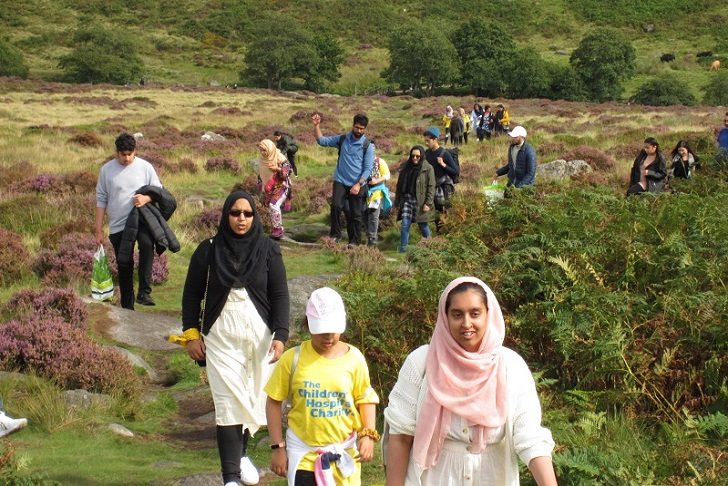
And of course, CPRE should also lobby for BAME people’s voices to be heard in environmental debates in Parliament. Countryside access, the right to roam … you realise that all these things had to be lobbied for; knowing how to do this is a privilege that not everybody enjoys. With the onset of the Anthropocene age, with climate change threatening every species in the countryside, we need active citizenship – where everybody plays their part to ensure that the environment is conserved for present and future generations.
Friends of the Earth asked me once: ‘are minority groups interested in nature?’ I said ‘of course, they’re often very interested; eco-anxiety is a big issue’. People are really worried about the future. But if people are treated like second-class citizens, by virtue of the colour of their skin – which plays out a lot in the environmental field – then obviously they will not be motivated to get involved.
We have to listen to people, as well as teach them. We have to make people feel part of things, not belittle them – that creates apathy. We can’t have an individualistic, selfish way of thinking about nature. We have to think of ourselves as human beings and work together, irrespective of the colour of our skin, and racial or ethnic leanings. We value biodiversity in our ecosystems, to support the web of life. Why can’t we value human diversity, and promote the things that give all of us, as human beings, a better life?
Maxwell Ayamba is a Ghanian-born journalist and academic who has lived in Sheffield for over 20 years. His research interests include environmental justice and sustainable development.
Find out more about Maxwell’s Sheffield Environmental Movement and read CPRE’s statement against racism in the countryside and our collective statement with Wildlife & Countryside Link on improving diversity in our work.
More on building diversity
Louisa Adjoa Parker on Why Black lives matter in the British countryside
Crispin Truman on A learning curve for the countryside
